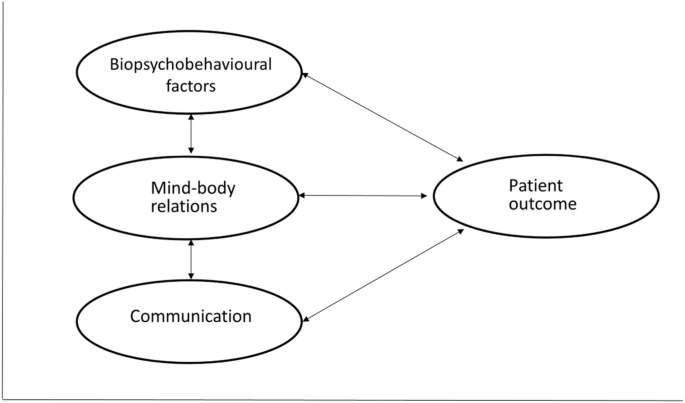Pa. Ag Secretary ‘nervous’ over federal funds for food access, animal health, environmental conservation | Politics

HARRISBURG — The federal government provides roughly half of the money spent in Pennsylvania on food assistance, animal health and environmental conservation, Agriculture Secretary Russell Redding told senators Thursday morning.
Recent actions by the Trump administration have state officials “nervous” about potential cuts to those programs, Redding said at a budget hearing held by the Senate Appropriations Committee.
LNP | LancasterOnline recently reported grant payments through the U.S. Department of Agriculture’s Rural Energy for America Program were paused by President Donald Trump’s order to freeze federal funding, which was blocked Wednesday by a federal judge.
The Agriculture Department is regularly allocated more than $250 million by Pennsylvania’s General Assembly, and Gov. Josh Shapiro earlier this month pitched a similar budget for the 2025-26 fiscal year.
Redding said the federal government provides a similar amount, either in money sent to his department or directly to individuals and farms statewide.
In response to questions from Berks County Democrat Judy Schwank, Redding said “there are very, very few things” his agency does that aren’t tied to federal dollars.
READ: Gov. Shapiro’s $51.4B budget pitch includes boost to education, legalizing marijuana
Combatting bird flu
The statewide effort to combat highly pathogenic avian influenza was top of mind Thursday for senators representing rural districts.
The virus has been detected at 16 locations in Pennsylvania this year, according to the USDA. Five of those detections – impacting more than 136,000 birds – were in Lancaster County.
Senate Appropriations Committee Chairman Scott Martin, of Martic Township, raised concerns about the state agency’s plan to reallocate a total of $23 million away from the avian influenza recovery fund to increase the agriculture innovation fund by $15 million and boost food assistance programs by $8 million.
“What could be more pressing than… what we’re facing?” Martin asked. “Something’s just not adding up with how we’re looking at this and what we’re seeing on the ground.”
Martin said he hopes to change that reallocation through budget negotiations, which will hit stride in June ahead of the budget deadline at the end of that month.
Redding said addressing bird flu remains a priority for his agency, but there are other necessary issues the department must address, like improving access to reliable food sources. He noted earlier in the hearing that Pennsylvania has “built up a reserve” of funds unlike any other state in the country.
Redding also cited “encouraging” news for the bird flu fight: U.S. Secretary of Agriculture Brooke Rollins on Wednesday announced a $1 billion effort to address the virus’ spread. That came after a move earlier this month by the Trump administration to cut 25% of the staff at the USDA’s National Animal Health Laboratory Network, responsible for managing data related to animal disease outbreaks like bird flu, as part of the Trump administration’s gutting of federal agencies.
The state has also taken several steps to address avian influenza in the past month.
One of the first bills signed into law by Shapiro this year removed a citizenship requirement to become a certified poultry technician, looking to boost the number of qualified people who can perform frontline testing of flocks.
Two weeks ago, Shapiro announced that a new animal disease diagnosis lab is being planned at Penn State University’s Beaver County campus. But earlier this week, Penn State leaders said they are looking to shutter multiple branch campuses across the state and did not include the Beaver County campus as one safe from elimination.
Redding said he’s confident Penn State will work with the administration to organize a lab there.



link






